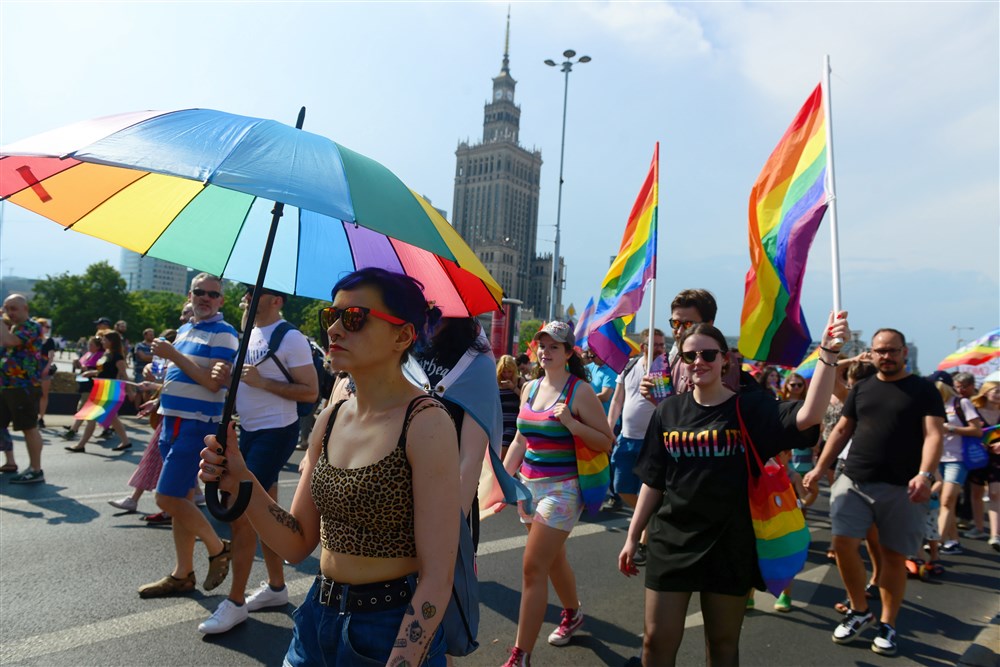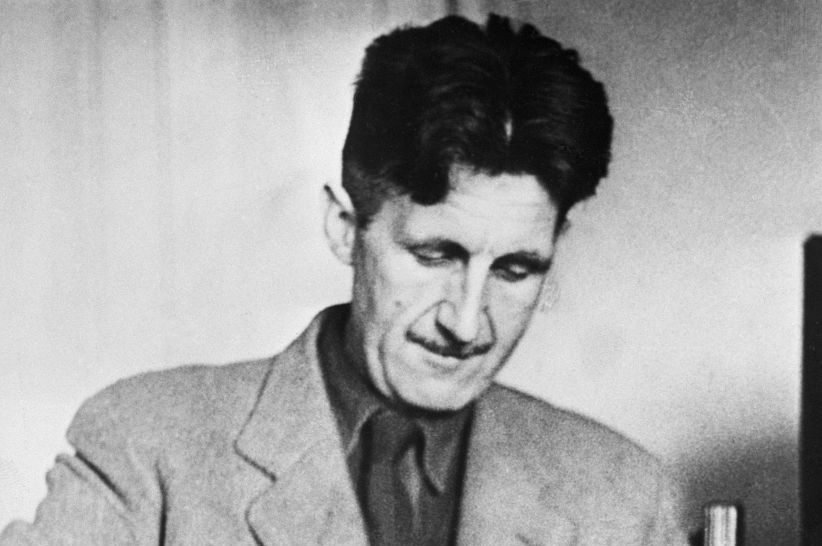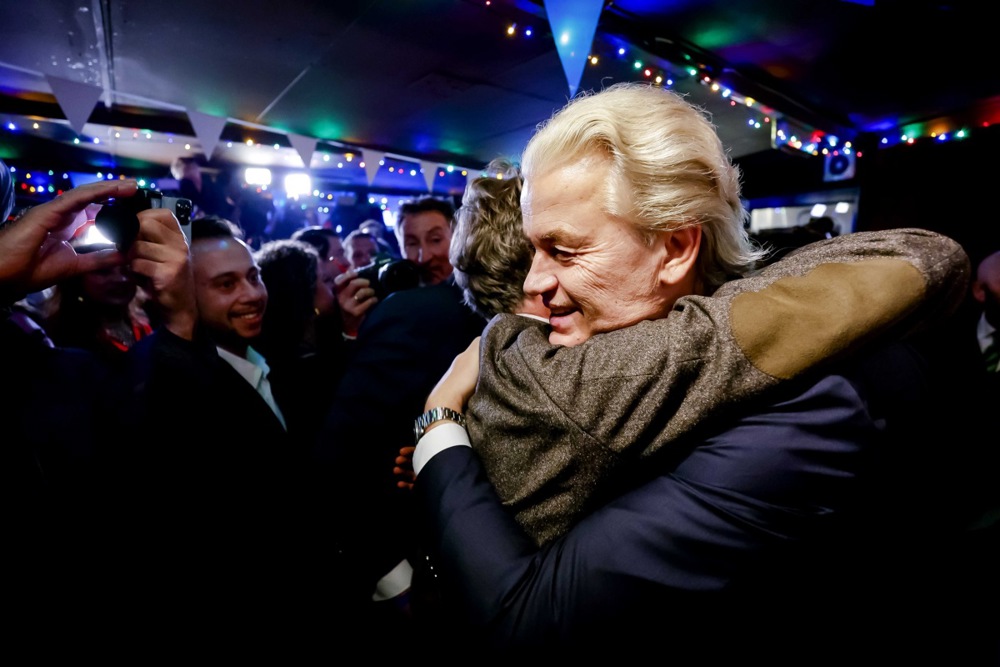The feud between Greece and the country now known as North Macedonia was one of the longest-running and bitter in post-communist Europe. Yet few people outside the Balkans now remember what the feud was about. A former Yugoslav republic wanted to call itself Macedonia, and the Greeks, home of the historic Macedonia, refused to share the name.
The dispute was furious but not violent. In 2018 the two parties reached an agreement by signing the Prespa accord.
But is the dispute really over?
Five years ago Athens accepted that Greece’s neighbour be formally called North Macedonia and Skopje agreed to quit calling itself Macedonia. However, latest developments suggest that the matter may have not been settled for good.
Since last week tensions are again rising, after North Macedonia President Gordana Siljanovska-Davkova refused to use the country’s official name during her inauguration on May 12.
Siljanovska was elected with the VMRO-DPMNE party. VMRO was founded in Thessaloniki in 1903 as part of Bulgarian efforts to annex the former Ottoman Macedonia. A party with the same name still exists in Bulgaria.
Despite being a member of the European People’s Party (EPP), VMRO-DPMNE is considered nationalistic. In 2018 it was staunchly against the signing of the Prespa agreement.
Critics of the accord in both countries remain strongly opposed to the settlement. Many Greeks feel that agreeing to the existence of a Macedonian language and national identity was a historical defeat. Many in Northern Macedonia feel the same over having changed the country’s name.
In Greece, conservative Kyriakos Velopoulos, whose party Hellenic Solution is expected to double its national election rates in June’s European Elections, has even called from Parliament for the accord to be scrapped.
At the same time, VMRO-DPMNE leader Hristijan Mickoski stated that he will call his country whatever he wants and invited Greece to appeal to the International Court of Justice.
On his part, Greek Prime Minister Kyriakos Mitsotakis called Siljanovska’s statement “illegal” and said that without full compliance to the terms of the Prespa agreement from Skopje, Athens would even block North Macedonia’s accession in the EU.
“If some think they can disregard the agreement, they should know that their path to Europe will remain closed”, Mitsotakis declared. The Greek leader was against the accord while in opposition, but made a U-turn when he took office.
Bulgarian President Ruman Radev also reacted to the new North Macedonia leadership’s statements. Sofia has already brought obstacles to Skopje’s accession course. Many Bulgarians believe that there is no Macedonian language, claiming that it is a Bulgarian dialect.
European Commission President Ursula von der Leyen stressed that Skopje should fully respect binding agreements, while EU Council President Charles Michel said Siljanovska’s actions were “disappointing”.
Elizabeth Allen, the Under Secretary for Public Diplomacy and Public Affairs of the US State Department, also expressed disappointment that Siljanovska did not use the constitutional name “North Macedonia” during her inauguration.
North Macedonia’s population is a mixture of Slavs and Albanians. While most of its Slavic citizens embrace the notion of a Macedonian identity, those of Albanian origin mostly identify as Albanian.
In 2001, inter-ethnic tensions led to the brink of a civil war. Nowadays relations between the two communities are calm, but stability, which is directly related to the country’s European prospects, is key to the survival of North Macedonia.





In a further sign of the decay of the EPP, Greek Prime Minister Kyriakos Mitsotakis’s hopes of snaffling a top EU job have been dashed